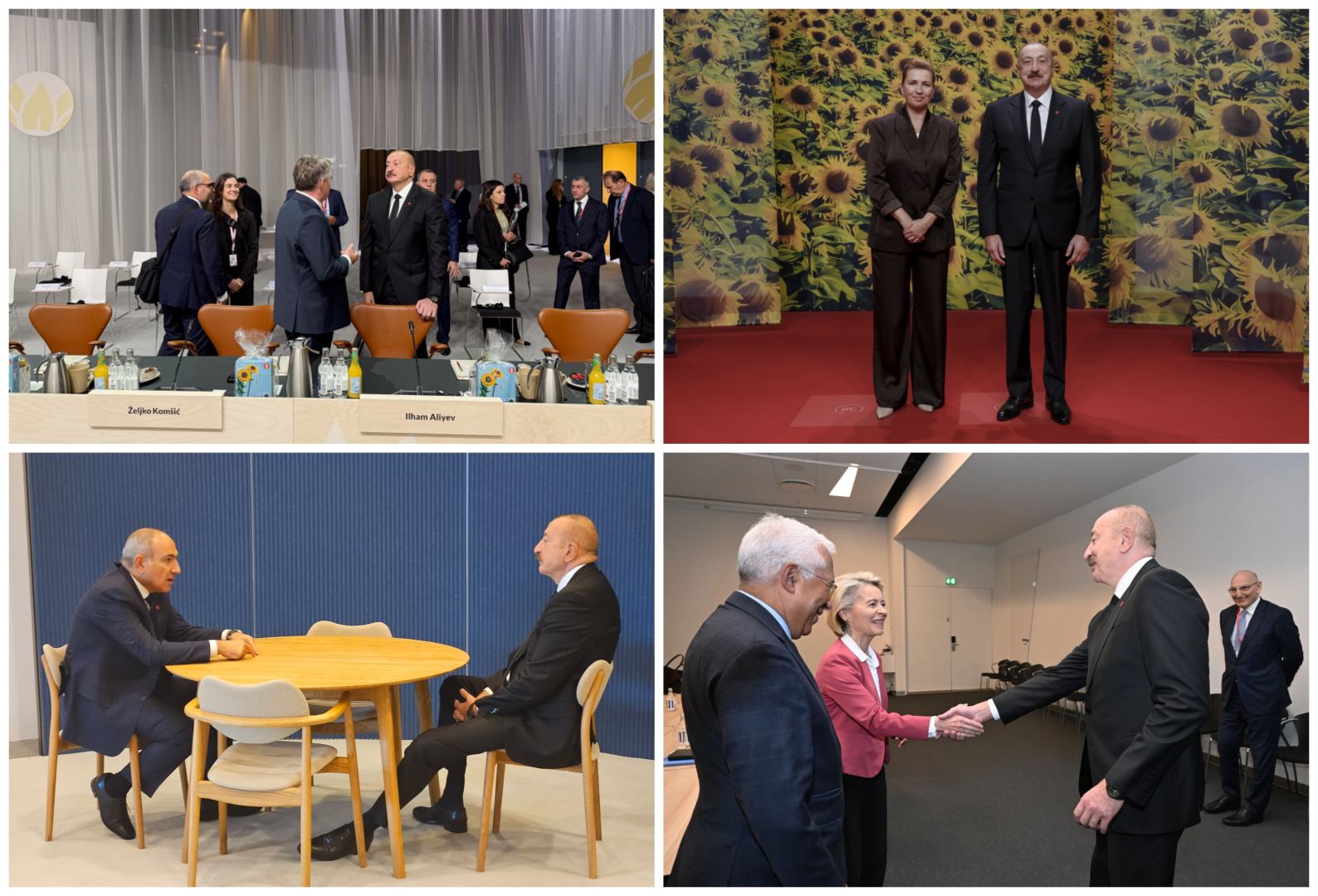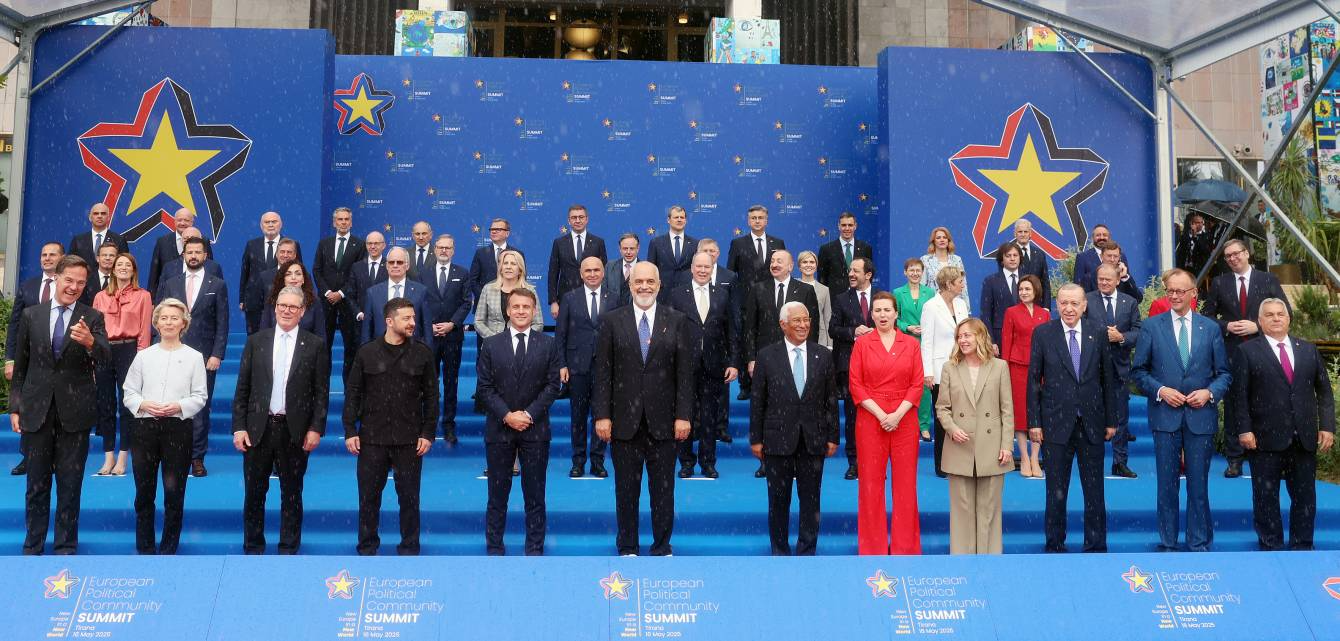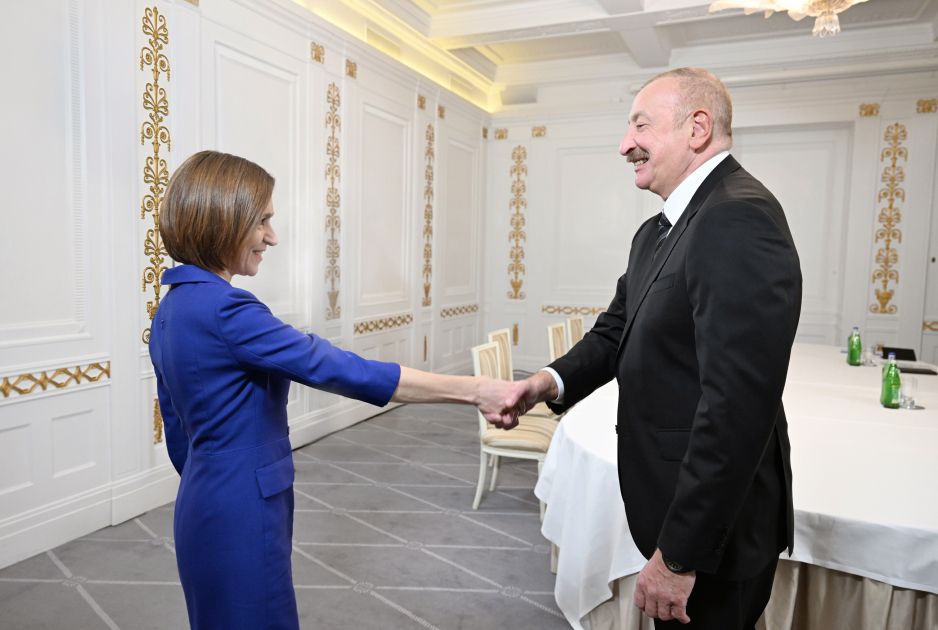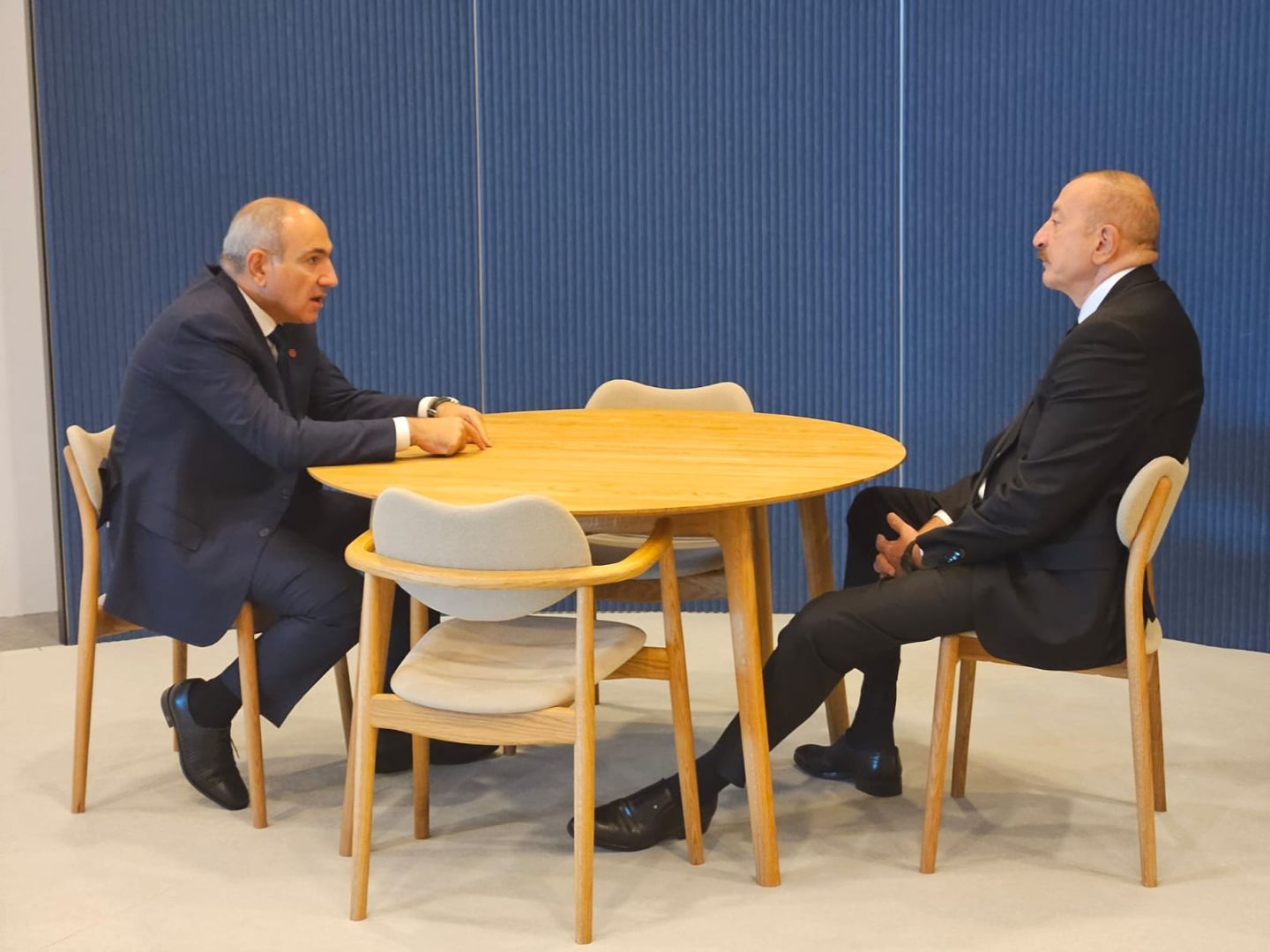Baku asserts its influence in Europe’s political and energy corridors at 7th EPC Summit

Azerbaijani President Ilham Aliyev arrived in Copenhagen for a working visit at the invitation of Danish Prime Minister Mette Frederiksen and European Council President António Costa to participate in the 7th Summit of the European Political Community (EPC). This occasion highlights not only Azerbaijan’s active participation in European political dialogue but also the growing geopolitical weight of Baku on the international stage.
The EPC, which convenes twice a year, provides a platform for strengthening political dialogue and cooperation across the European continent. It brings together both EU and non-EU states to discuss pressing global issues such as security, energy, and climate change. Since its inception, Azerbaijan has used this platform to project its strategic importance and defend its national interests.
It's essential to dive into a captivating historical backdrop that highlights Azerbaijan's involvement in this summit. Let's explore the journey that brought Azerbaijan to this significant moment.
At the very first EPC summit in Prague in 2022, President Aliyev achieved significant diplomatic success when Armenia recognized Azerbaijan’s territorial integrity. At the same time, Baku prevented EU and French attempts to deploy a joint monitoring mission on Azerbaijani territory, ensuring the mission was limited exclusively to Armenia. Azerbaijani President Ilham Aliyev later underlined that France’s open bias undermined its role as a mediator, leading to Azerbaijan’s firm stance that Paris could not be part of the normalization process. His subsequent refusal to attend the 3rd EPC Summit in Granada, where a five-way meeting involving France and Germany was being promoted, reinforced this principle of safeguarding Azerbaijan’s sovereignty against external pressures.
Azerbaijan’s preferred path, as highlighted by presidential aide Hikmet Hajiyev, has been the Brussels trilateral format (Aliyev-Pashinyan-Michel), which remains the only framework Baku regards as balanced. France’s opposition to Türkiye’s involvement only further justified Azerbaijan’s scepticism toward expanded mediation formats.
In later summits, Azerbaijan expanded its profile within the EPC through constructive contributions. At the 4th summit in Oxford in 2024, Azerbaijani President Ilham Aliyev underlined the European Commission’s recognition of Azerbaijan as a reliable energy partner and reaffirmed Baku’s commitment to delivering 20 billion cubic metres of gas to the EU by 2027. In Albania at the 6th summit in May 2025, European leaders including Ursula von der Leyen and António Costa again described Azerbaijan as a reliable partner, particularly in the context of the Middle Corridor. It was also in Tirana where Costa announced that Baku would host one of the EPC summits in 2028, a testament to Azerbaijan’s increasing profile as a hub for international dialogue.

The upcoming Copenhagen summit further underscores Azerbaijan’s international prestige. As seen recently at the 80th UN General Assembly in New York, global leaders actively seek meetings with the Azerbaijani President, recognizing Baku’s strategic role in shaping regional and global trends. The prospect of hosting the EPC in Baku reflects Azerbaijan’s proven record of organizing high-level international forums and its growing role as a venue where contemporary global issues are addressed.
Azerbaijan has become increasingly important in this event due to its longstanding geopolitical significance and its role as a logistical hub. The current situation suggests that this importance may grow even further. By fostering peace in the region, new opportunities for potential projects have emerged. For the European Union, which is seeking a political and economic breakthrough, there could be no better opportunity than this.
As Azerbaijani President Ilham Aliyev has stressed, Azerbaijan has turned its geography into a strategic advantage by fostering balanced relations with neighbors and integrating into both the “North–South” and “East–West” corridors. Baku’s significance is not only infrastructural and economic but also cultural, as it increasingly serves as a hub for inter-civilizational and inter-cultural dialogue.
At the moment, the early meetings can be described as particularly fruitful. Before the event itself, Azerbaijani President Ilham Aliyev met with Moldovan President Maia Sandu. During their exchange, Azerbaijani President Ilham Aliyev congratulated his counterpart on the victory of the Party of Action and Solidarity in Moldova's parliamentary elections, emphasizing that the outcome reflected the will of the Moldovan people. President Sandu expressed gratitude for the congratulations and, in turn, congratulated the Azerbaijani leader on the progress achieved in Washington regarding the Armenia-Azerbaijan peace agenda, noting that it was witnessed and supported by the United States.

Azerbaijani President Ilham Aliyev stressed that the advancements in the peace process hold historical significance and carry great potential for regional stability. The two leaders also discussed the prospects for bilateral cooperation, paying particular attention to energy, where President Sandu underlined Moldova's appreciation for Azerbaijan's assistance during critical energy challenges.
Following this, President Aliyev held another unprecedented meeting with Armenian Prime Minister Nikol Pashinyan—the fourth in as many months. The two sides addressed key issues on the peace agenda and reaffirmed the importance of the agreements reached at the Washington Peace Summit initiated by U.S. President Donald J. Trump. Both leaders confirmed their readiness to continue working towards the consolidation of peace between Armenia and Azerbaijan.

The discussions also touched on the role of regional transport communications and infrastructure development, including ongoing projects in Azerbaijan and the TRIPP project in Armenia, while also reviewing steps toward the implementation of the Washington Declaration. In this context, both sides welcomed the unanimous decision to formally close the OSCE Minsk Process and its related structures, considering it a necessary step for moving beyond outdated frameworks.
Finally, Aliyev and Pashinyan underlined the importance of further implementing confidence-building measures and agreed to maintain regular contacts to ensure momentum in the peace process.
Amid ongoing global conflicts, Azerbaijan’s voice at the 7th EPC Summit is expected to resonate strongly, particularly in advocating peace initiatives as a driver of human progress and stability. With its rising influence and consistent foreign policy vision, Azerbaijan is no longer a peripheral actor but a central player in shaping the new dynamics of the European and global political landscape.
Here we are to serve you with news right now. It does not cost much, but worth your attention.
Choose to support open, independent, quality journalism and subscribe on a monthly basis.
By subscribing to our online newspaper, you can have full digital access to all news, analysis, and much more.
You can also follow AzerNEWS on Twitter @AzerNewsAz or Facebook @AzerNewsNewspaper
Thank you!

